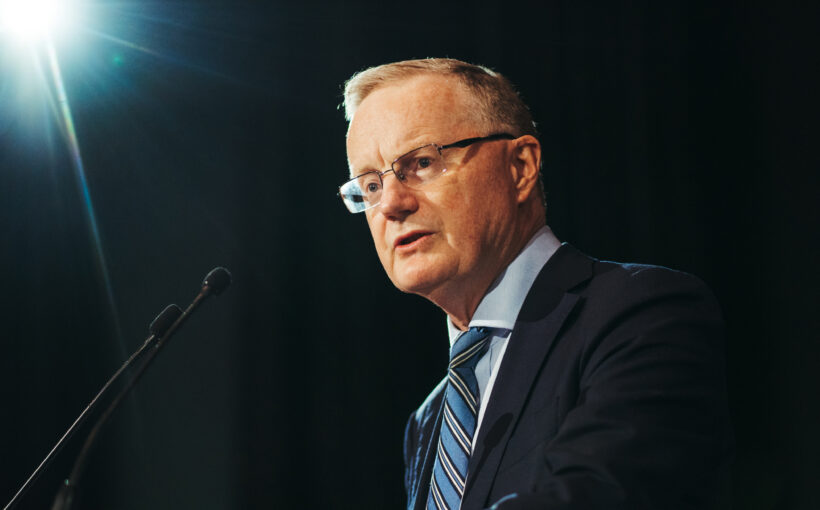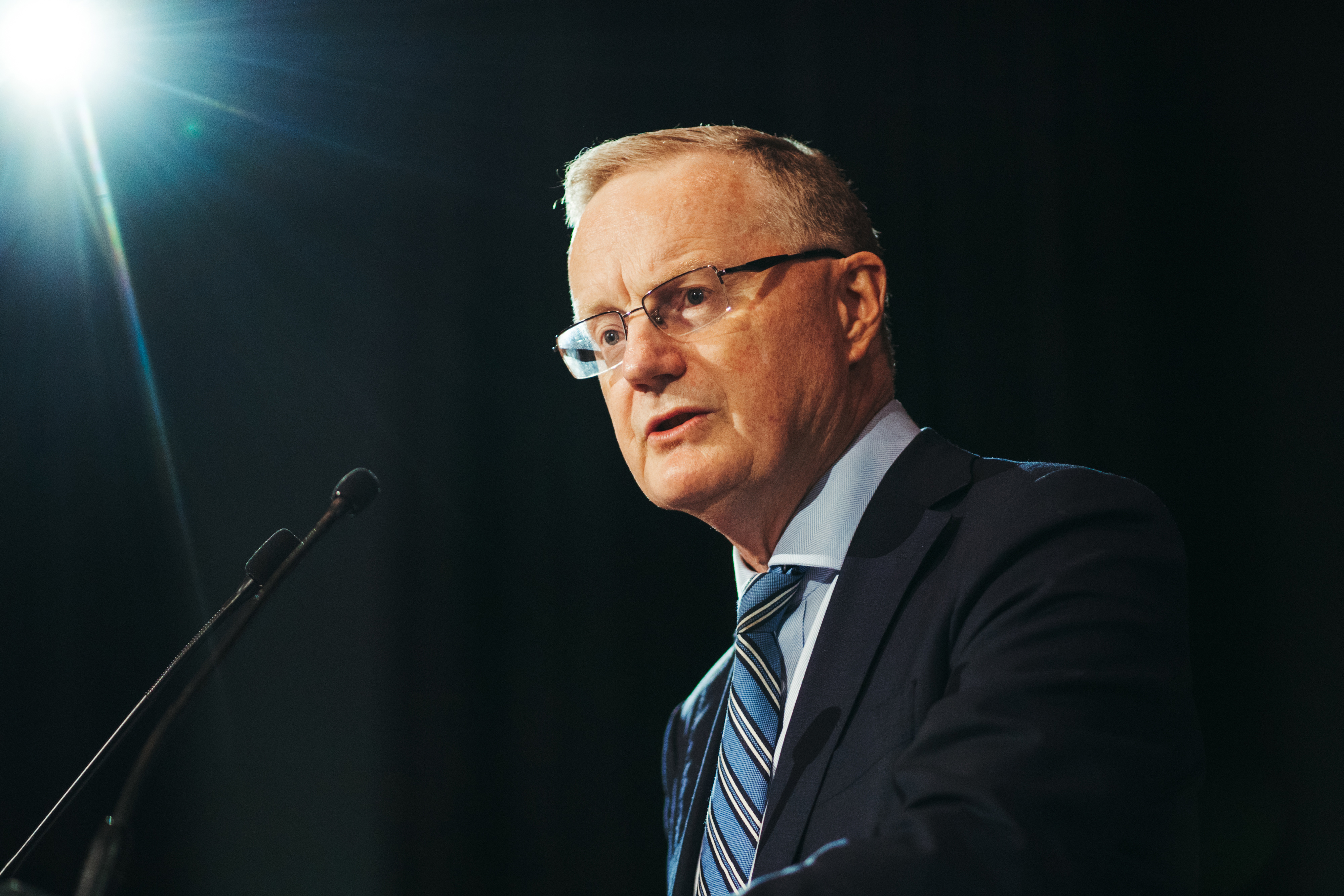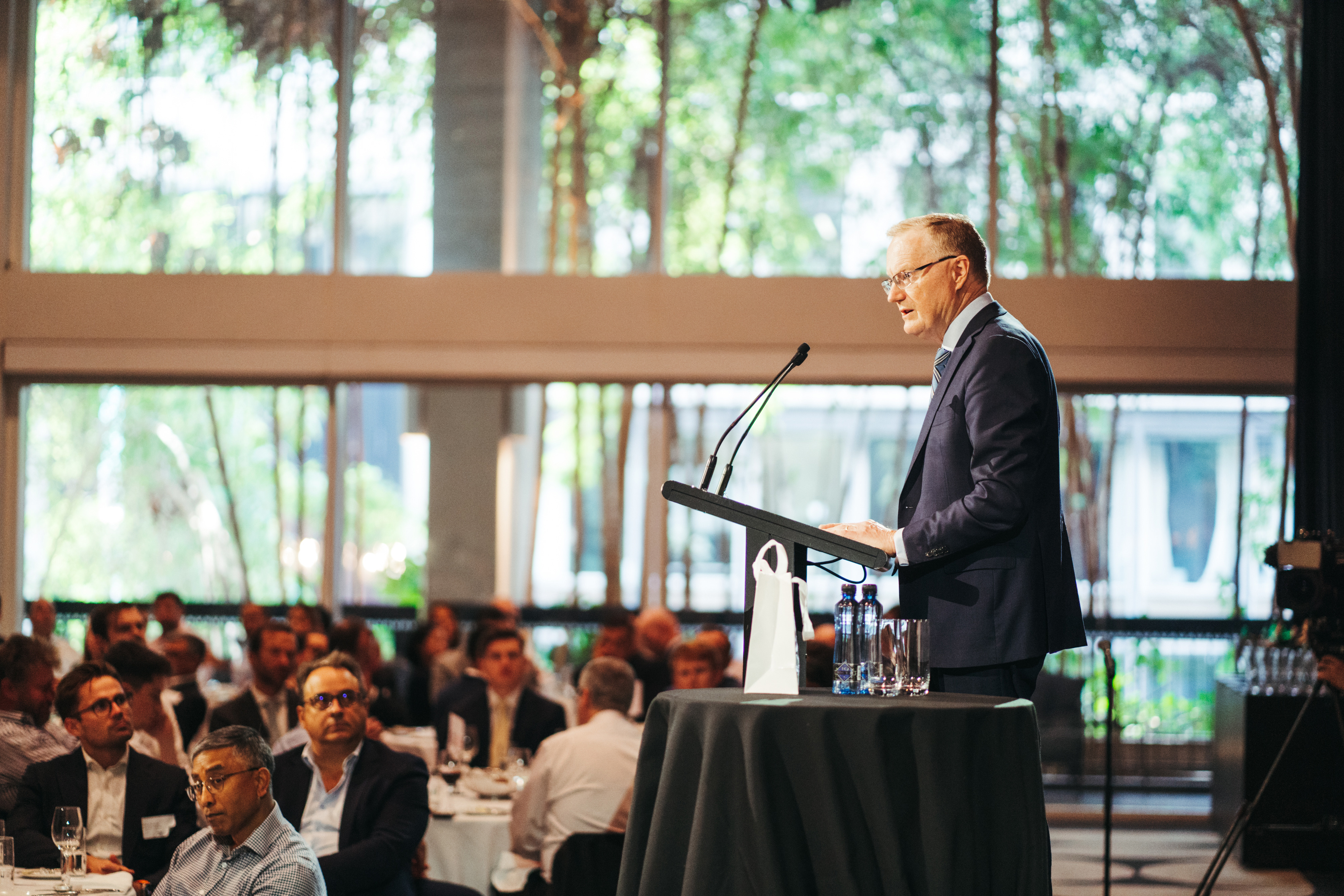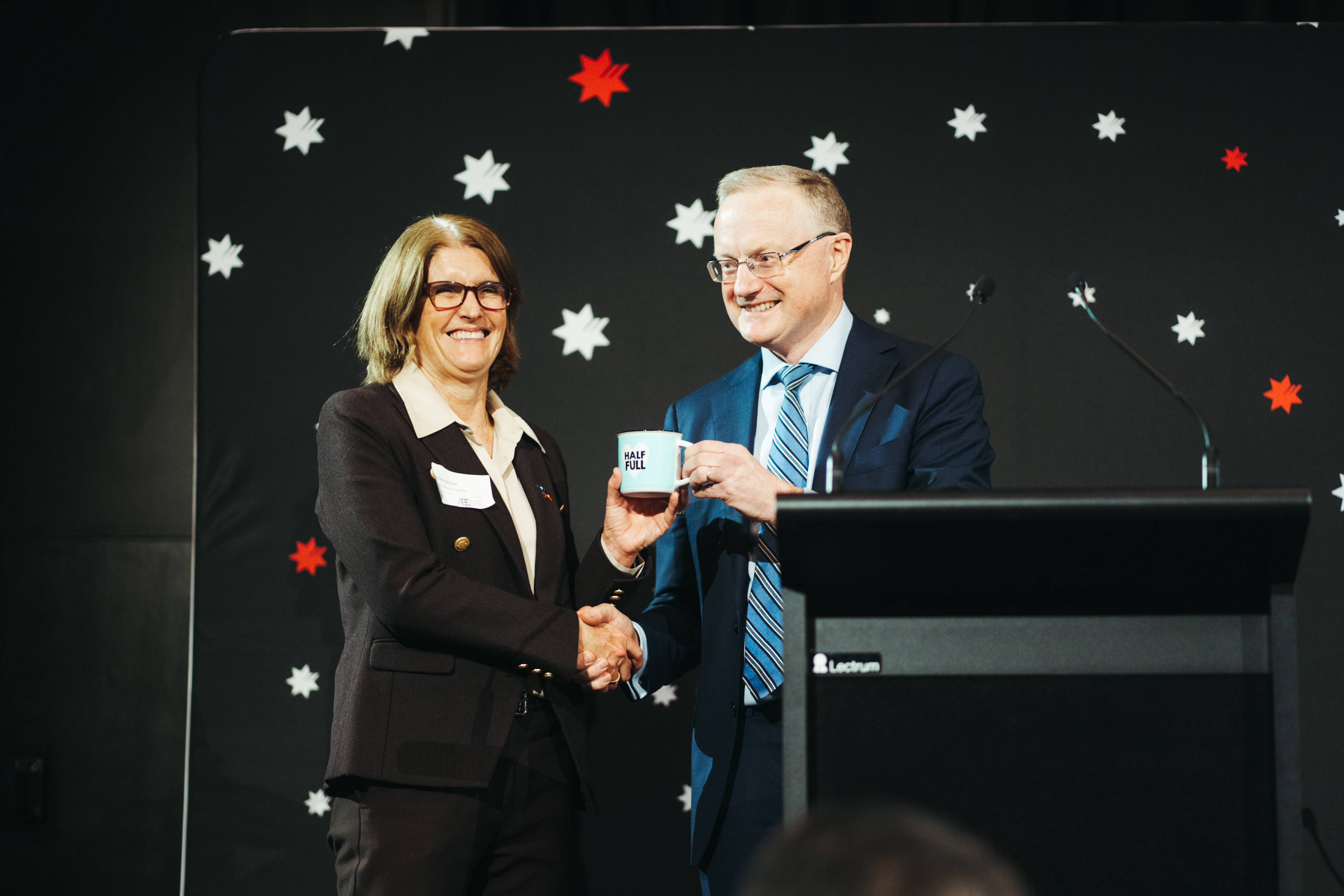Philip Lowe has used his final speech as Reserve Bank governor to call for more measured, nuanced debate around interest rate decisions and less "vitriol, personal attacks and clickbait".
The outgoing RBA boss, whose term ends on September 17, said society "had work to do" in how it responds to complex topics that are in the public interest.
"My experience here highlights the difficulties of communicating in the social media and digital age," he said.
READ MORE: NAB to slash 222 jobs in back-office overhaul
"Despite these difficulties, I have always felt a responsibility to explain complex ideas, and the trade-offs and uncertainties we face.
"I know that some of my explanations have missed the mark. But the media has a responsibility too.
"My view is that we will get better outcomes if the public square is filled with facts and nuanced and informed debate, rather than vitriol, personal attacks and clickbait.
"As a society, we have got work to do here."
Lowe used the speech, fittingly titled "Some Closing Remarks", to hit out at the coverage of some of his more infamous moments as RBA governor.
"There are many … points that have been attributed to me, including: a promise that interest rates would not go up until 2024; everybody needs to get a flatmate; people need to work more hours to make ends meet; and young adults should stay at home because of the rental crisis," Lowe said.
"Yet, I did not make these points. Nor did I choose Justin Timberlake's Can't Stop the Feeling to accompany me as I walked a recent podium."
READ MORE: Interest rates on hold as outgoing RBA governor leaves legacy
RBA, government 'did too much' during pandemic
Reflecting on the challenge posed by the COVID-19 pandemic, Lowe said the RBA and government provided too much economic support – but added that conclusion was only possible with the benefit of hindsight.
"At the RBA, we wanted to do what we could to build a bridge across to better times and to provide some insurance against the very worst outcomes. I know that the government had a similar mindset," he said.
"This approach worked. The Australian economy avoided falling into the abyss and then bounced back well.
"With the benefit of hindsight, my view is that we did do too much. But hindsight is a wonderful thing.
"None of us can predict the future and we have had to make decisions under great uncertainty and with incomplete information.
"We got some things right, but we got other things wrong."
READ MORE: Big changes are coming to the RBA. This is what it means for you
Lowe echoed comments by his successor, Michele Bullock, by saying setting interest rates is likely to get more difficult as factors like climate change cause inflation to fluctuate more.
He also called on the government to implement policies to address inflation, rather than solely relying on the RBA raising and lowering interest rates.
"My view has long been that if we were designing optimal policy arrangements from scratch, monetary and fiscal policy would both have a role in managing the economic cycle and inflation, and that there would be close coordination," Lowe said.
"The current global consensus is that monetary policy is the main cyclical policy instrument and should be assigned the job of managing inflation.
"This is partly because monetary policy is more nimble and it is not influenced by political considerations. Raising interest rates and tightening policy can make you very unpopular, as I know all too well. This means that it is easier for an independent central bank to do this than it is for politicians.
"This assignment of responsibility makes sense and it has worked reasonably well.
"But it doesn't mean we shouldn't aspire to something better.
"Monetary policy is a powerful instrument, but it has its limitations and its effects are felt unevenly across the community."






